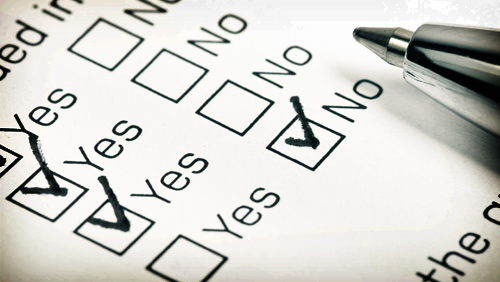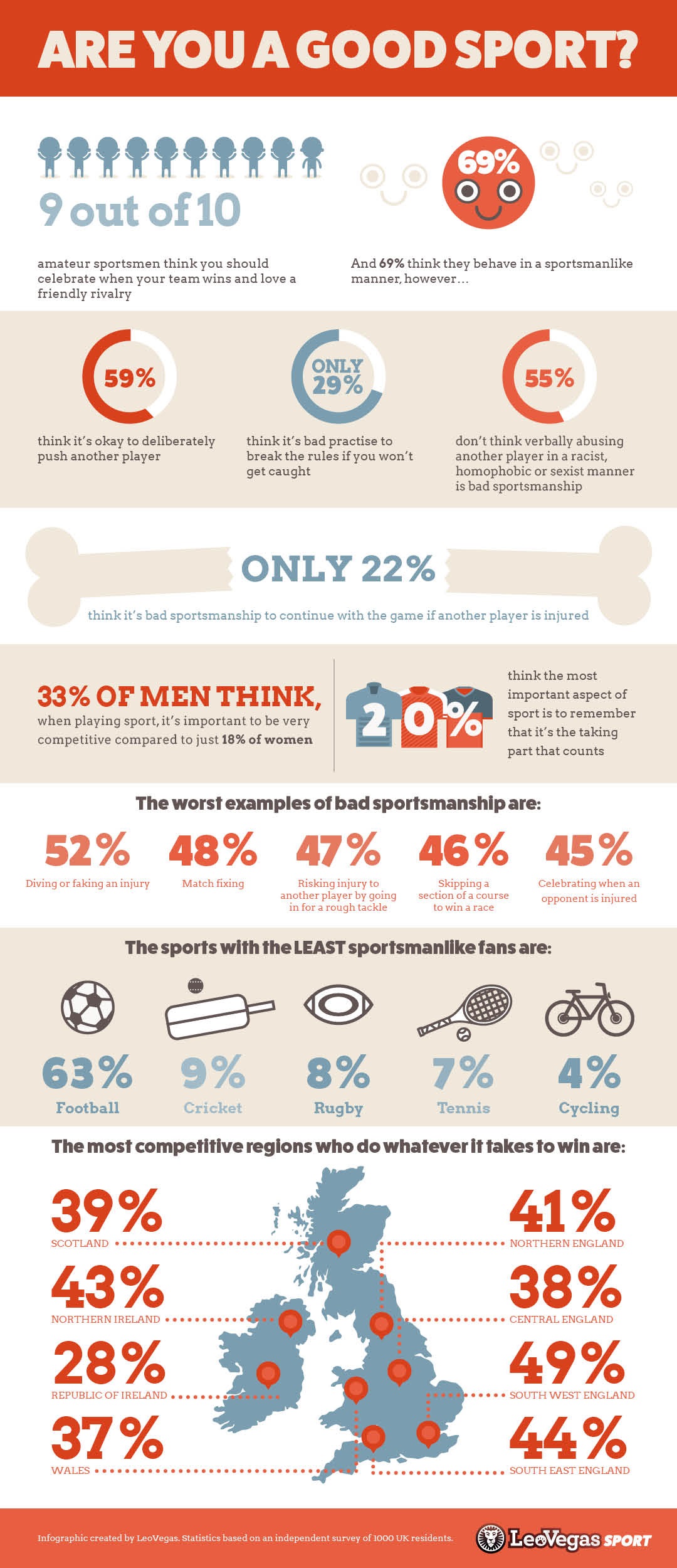 Sports is a language that is supposed to bridge people all over the world closer – no matter what age, race, and sexual orientation they have. Sport should also bring out the best in humans since it is, after all, about teamwork, giving it your all, espouses discipline, and, most importantly, playing with respect for your opponent – win or lose.
Sports is a language that is supposed to bridge people all over the world closer – no matter what age, race, and sexual orientation they have. Sport should also bring out the best in humans since it is, after all, about teamwork, giving it your all, espouses discipline, and, most importantly, playing with respect for your opponent – win or lose.
When Muhammad Ali – touted to be the greatest boxer of all time – passed away last Friday after his bout with Parkinson’s disease the world mourned with the family he left behind. Even his greatest foe, two-time heavyweight champion George Foreman, had nothing but praises for his fiercest rival, calling the late boxing legend “the greatest piece.”
Ali’s death is one of sport’s “eureka” moments when the world stands tall, with their hearts beating as one. But too often, though, we are seeing how sports also bring out the worst in people.
Statistics provided by online bookmaker LeoVegas.com showed that majority of those who regularly play sport don’t think that being verbally abusive to other player makes them a bad sport. The bookmaker surveyed 1,000 amateur athletes in the UK, of which 55 percent thinks that saying racist, homophobic or sexist remarks are OK – a far cry from the ideal sports attitude of mutual respect.
Majority of the amateur athletes are convinced that there’s nothing wrong with deliberately pushing another player. The research also found that they don’t believe committing flagrant actions toward their opponents in court
”I play five-a-side football twice a week and think giving each other a hard time is just part of the game – no one really takes offence, it’s just a bit of banter” the 36-year-old Mark Jackson, who took part in the research, told LeoVegas.
Competitiveness is an important aspect of the sport to 33 percent of the male athletes, compared to 18 percent of the female respondents. But the research suggests that women are more likely to use underhand tactics, with 19 percent admitting they would do anything it takes to win compared to 13 percent of men.
“Attitudes towards male and female sports are unfortunately still very different. I hope this summer people see women coming out on top and realise that it’s great to throw, run and jump like a girl,” commented Jessica Smith, a 24-year-old netball player from Aldershot.
Despite this, over a quarter of respondents admitted to getting very annoyed when people are “bad sports” and ruin the game for others. When they were asked what acts do they consider to be unsportsmanlike, “diving (flopping)” or faking an injury topped their list, with 52 percent; followed by match fixing with 48 percent; risking injury to another player by going in for a rough tackle with 47 percent; skipping a section of a course to win a race with 46 percent; and celebrating when an opponent is injured with,45 percent.
Looking at sporting etiquette around the UK, 1 in 10 of the respondents think its fine to break the rules if they don’t get caught – higher than anywhere else.
“As 2016 is such a huge year for sport, with the Euros and Olympics just around the corner, we wanted to find out what people’s pet peeves are when it comes to sporting etiquette,” said Shenaly Amin, UK Country Manager at LeoVegas.
“We were surprised to discover what people think is acceptable behaviour and hope that this summer everyone can be good sports whatever the results,” she added.






